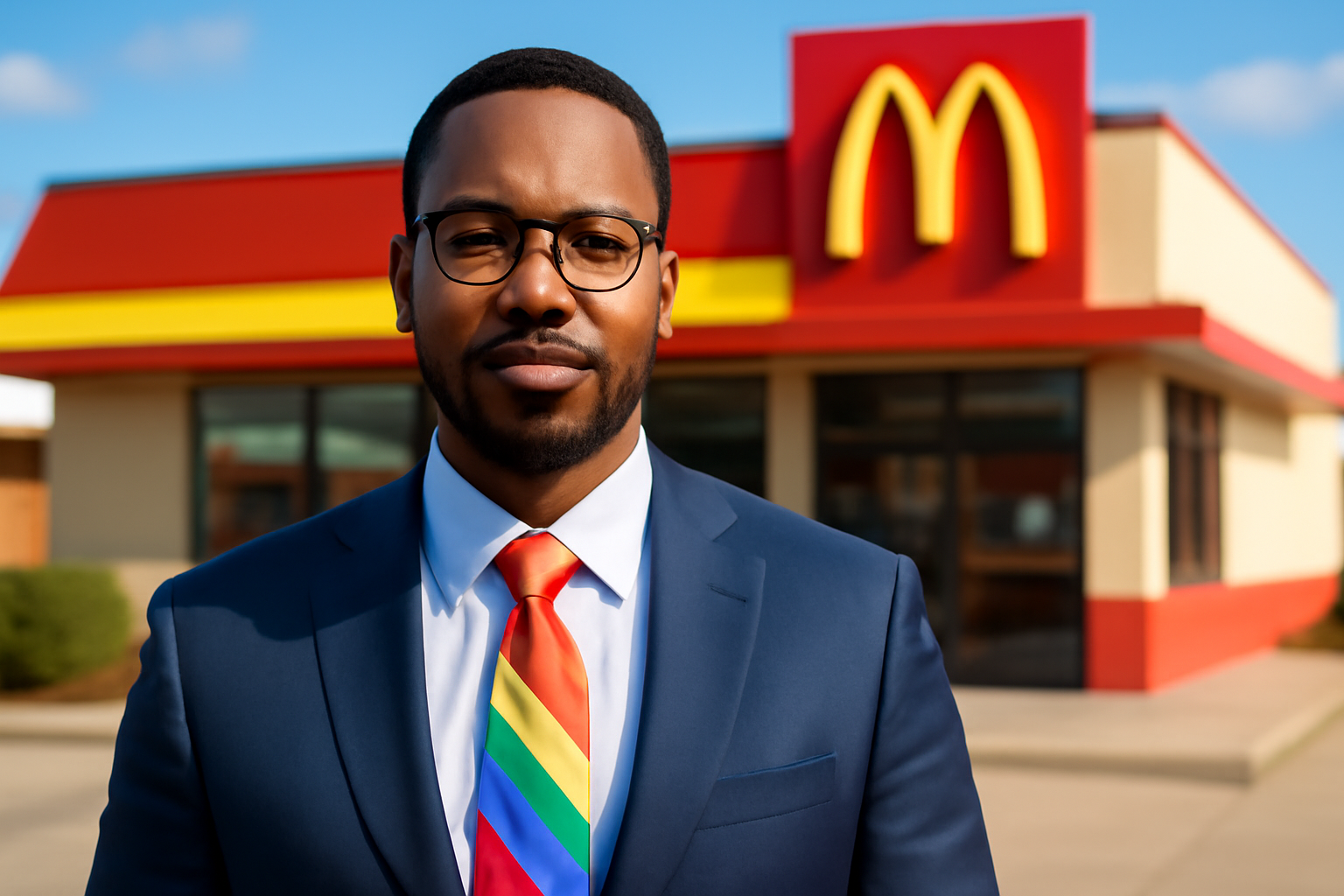
In recent developments, a major global fast-food chain has announced alterations to its Diversity, Equity, and Inclusion (DEI) strategies. This move comes in the wake of significant legal decisions and observations of industry trends among other large corporations.
Understanding DEI in the Corporate World
Diversity, Equity, and Inclusion, commonly abbreviated as DEI, have been integral components of corporate culture and policy in recent years. These principles aim to foster a work environment that is welcoming and supportive of all employees, regardless of their backgrounds.
Many companies have spearheaded various initiatives under the DEI umbrella, such as implementing bias training, enhancing recruitment strategies to ensure a diverse candidate pool, and establishing employee resource groups that cater to specific demographics within the workforce.
Impact of Legal Rulings
Recently, the corporate landscape has been influenced by decisions made at the highest level of the judiciary. A notable ruling by the Supreme Court of the United States has prompted a reevaluation of certain DEI practices across many sectors. The ruling, while not directly targeting DEI initiatives, has created a ripple effect, causing companies to reassess their strategies to ensure compliance with the new legal context.
This specific fast-food chain has decided to curtail some of its DEI programs, stating that the decision is partly due to this Supreme Court ruling as well as observing similar actions by "other companies." While the details of the ruling and its implications are complex, the overarching impact is clear: businesses are navigating a landscape where legal compliance and DEI objectives must be carefully balanced.
Reactions and Implications
The decision to roll back DEI initiatives has been met with mixed reactions. Advocates for diversity and inclusion express concern that such decisions could undermine years of progress in creating more equitable workplaces. They argue that DEI programs are essential not only for fostering a healthy work environment but also for enhancing organizational performance and innovation.
On the other hand, some industry analysts and legal experts suggest that these adjustments may be a prudent response to an evolving legal framework. According to them, companies must ensure that their policies are aligned with current laws to avoid legal liabilities.
The Role of Corporate Leadership
Corporate leaders are now faced with the challenging task of navigating these changes while maintaining a commitment to their DEI goals. This balancing act requires thoughtful consideration of both legal obligations and the moral imperatives of maintaining inclusive workplaces.
For many organizations, the path forward involves engaging with legal experts, diversity advocates, and employees to craft strategies that uphold the spirit of DEI while adapting to the new legal realities. Transparency and communication are key, as employees and stakeholders will be closely watching how these changes are implemented.
The Future of DEI
As companies adjust their DEI policies, the broader question of the future of diversity and inclusion in the corporate space remains open. Will these legal challenges result in a step back for DEI, or will they inspire innovative approaches that reinforce the importance of diversity in the workplace?
It is crucial for companies to remain committed to the values of diversity, equity, and inclusion, even as they adapt their practices. By doing so, they not only comply with legal mandates but also contribute positively to the cultural and operational fabric of their organizations.
In conclusion, while the recent changes in DEI practices by some companies, including the fast-food giant, reflect a response to a shifting legal landscape, they also underscore the ongoing importance of these initiatives. As businesses move forward, they must continue to champion inclusive values that benefit employees, customers, and society at large.
Related Posts
Kelly Clarkson Delights Fans with Playful Cover and Queer-Friendly Vibes
Kelly Clarkson charms with a fun song cover Kelly Clarkson, who we've come love as both an incredible singer and host on her daytime talk show, recently won over fans with a delightful performance on her Kellyoke segment. She's famous now not just as an artist but also as a masterful cover performer, and this time she chose a classic that really resonated with her LGBTQ+ fans. Lately, Clarkson's [...]
Trump Inaugurated as 47th President Amid Concerns for LGBTQ+ Community
Donald Trump has been sworn in as President once again, marking his second term as America's 47th leader. This significant event in U.S. politics promises profound impacts, especially concerning LGBTQ+ rights. Taking office: promises and challenges Amidst a harsh winter storm, Trump took his oath indoors at U.S. Capitol on January 20. Alongside him, Vice-President JD Vance also stepped up, both [...]
Daniel Craig's "Queer" Overlooked by BAFTA: A Surprising Omission
Daniel Craig's film, Queer, snubbed by BAFTAs despite rave reviews In a surprising twist, Daniel Craig's newest film, *Queer*, failed completely on BAFTA's nomination list this year. It's a head-scratcher, considering how critics have sung its praises and Craig delivered such a standout performance. Yet, not a single nod from BAFTA. Go figure. fans and critics baffled by BAFTA snub The exclusio [...]